Wayne Parrott
 Distinguished Research Professor 2018
Distinguished Research Professor 2018
Wayne Parrott, professor in the College of Agricultural and Environmental Sciences, is one of the world’s leading authorities on soybean genomics and enabling technologies for the improvement of crop plants. He developed biotechnology protocols for soybean and other crops that made it possible to obtain whole plants from single cells. This process allows scientists to add genes into soybean for testing and agricultural release. In a parallel research program on insect resistance, he led development of new soybean cultivars that require fewer insecticide applications to control pests. He has been an influential advocate and communicator on the importance of genetic engineering and genetically modified organisms in agriculture. An expert in the complex regulations that govern GMOs, he has helped multiple countries with their regulations. He has held important leadership positions in his discipline such as editing prominent journals, organizing scientific meetings, serving on grant panels and guiding the future of soybean genomics research.

 Distinguished Research Professor 2018
Distinguished Research Professor 2018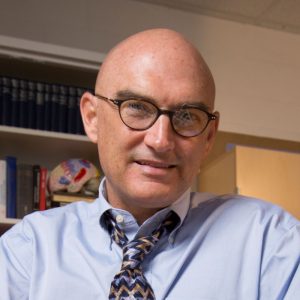 Distinguished Research Professor 2018
Distinguished Research Professor 2018 William A. Owens Creative Research Award 2017
William A. Owens Creative Research Award 2017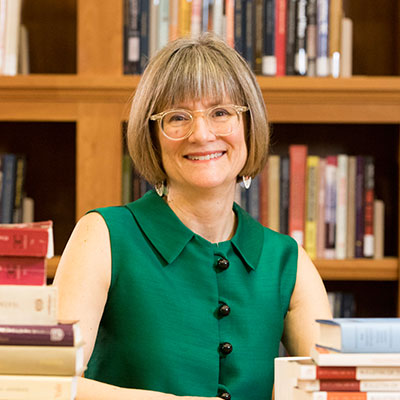
 Creative Research Medal 2017
Creative Research Medal 2017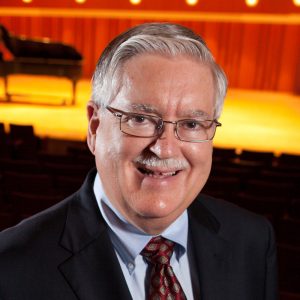 Creative Research Medal 2017
Creative Research Medal 2017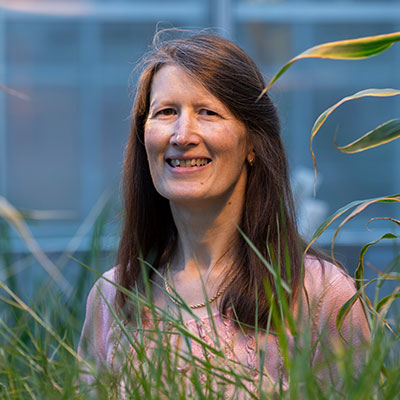
 Creative Research Medal 2017
Creative Research Medal 2017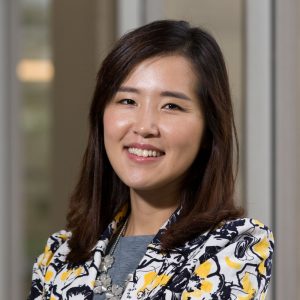 Charles B. Knapp Early Career Scholar Award 2017
Charles B. Knapp Early Career Scholar Award 2017